Luck Might Save You, If You Play the Odds
If you’ve taken part in as many escape rooms as we have, on either side of the glass, then you’ll understand just how important the concept of luck can be. While we would never recommend relying on luck as the main means of your escape, we can’t help but be amazed at how often this can be a deciding factor. So, what is it that makes this type of positive chance so important, and how is it possible to use what we already know to further shift the odds of good luck in our favor?
The Lucky Escapes
In our growing industry, we hear stories about people setting record speed escapes through sheer luck all the time. Guessing a four-letter combination code on the third attempt is something we have seen before, and is certainly not something which a host could predict. Similarly, we’ve also heard of cases where power cuts force door locks open, securing the escape of patrons through a means which completely ruins the effect of escape houses. While issues like these might be mitigated through expensive means, the chances of these occurring in the first place are so incredibly low that going through the effort is almost a guaranteed waste.
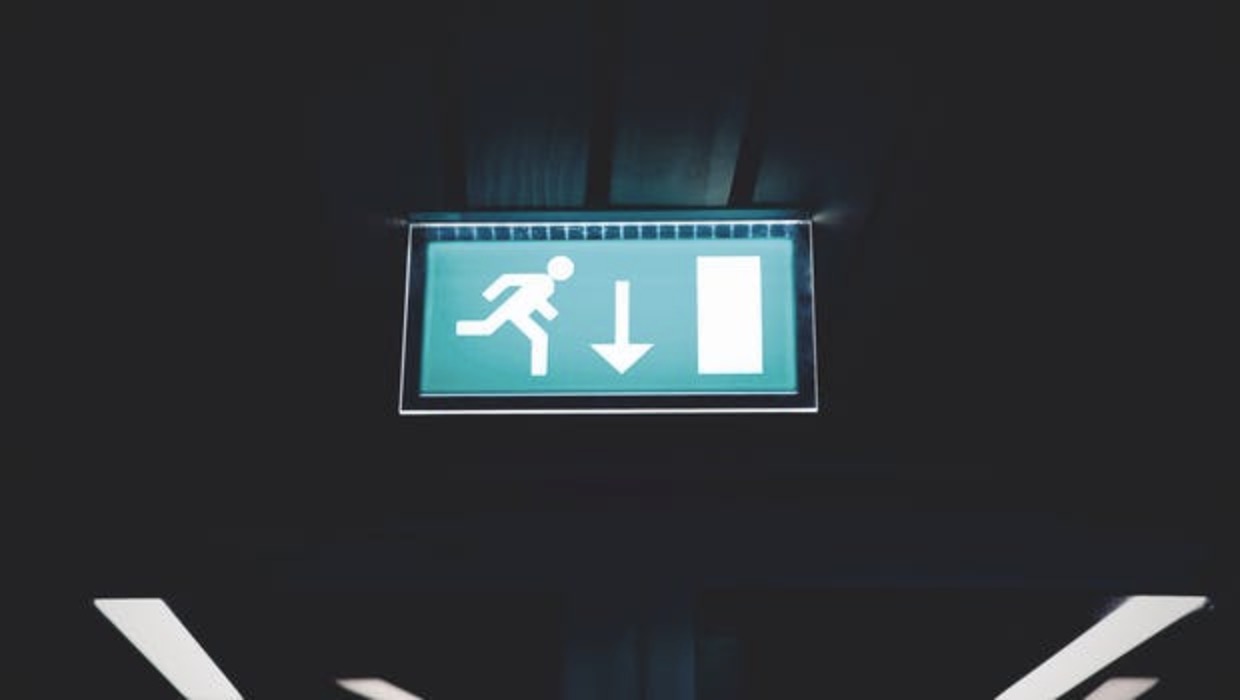
That said, there have also been many cases where outsiders had heard of lucky escapes and attempted to follow the same courses of action in an attempt to capture a remnant of that good fortune for themselves. While we have seen a person guess a combination lock answer, we have also seen people waste their entire allotted time in an escape room trying fruitlessly to do the same. This isn’t just the case for escape rooms either, as there are many cases of people trying to repeat previous actions in order to try to repeat the outcome, even when it doesn’t make sense. True randomness, by its very nature, is not something which can reliably be overcome. But, then, randomness, as it turns out, is often not truly random after all.
Not Just Chance
If you flip a coin, then what are the likely outcomes? Heads or tails should be a near perfect 50/50, other than the statistically insignificant chance of the coin managing land on its edge, right? Well, no, as it turns out. A recent report from NPR details that, when it comes to something like flipping a coin, a task so utterly dependent on human processes, our own unconscious bias and behavior can skew the odds slightly to one side.
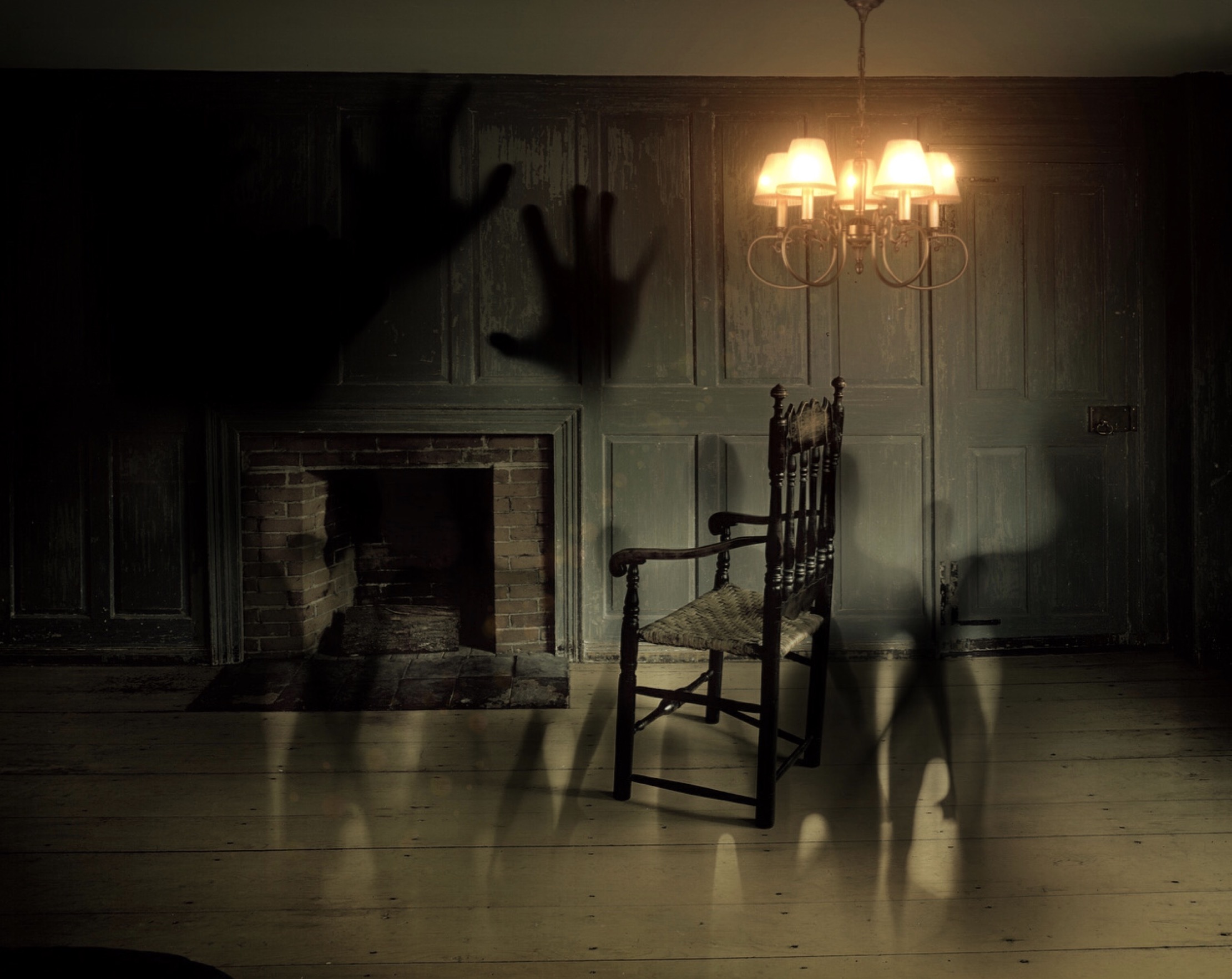
On the side of conscious bias, we can look to the ever popular component in so many forms of gaming known as dice rolls. As a 6-sided dice is created to have a 1/6 chance of landing on each side, that is often stated as the exact chance of a rolled die coming to rest on any of its sides as 1/6. Not content to stick with this level of luck, humans have invented the concept of controlled shooting. Professional gambling legends like Dominic “The Dice Dominator” (what a nickname!) LoRiggio have spent years training themselves to overcome the physical variables inherent in a dice throw, as reported here by online magazine Vice.
In basic terms – if something relies directly on the actions of humans it opens itself to manipulation. Knowing this, let’s take a deeper look at the potential effects of human nature.
The Importance of Human Predictability
We are all the same, as the saying goes, and, while that stands as an obvious oversimplification, it holds some key truths when it comes to certain acts. Because of how much our lives are informed by the conscious and unconscious contributions from our cultures and societies, we tend to lean towards certain shared concepts even when we aren’t aware we’re doing so. As reported by gambling site Betway, the most common lucky number in the world is seven. On the other side of things, many of us fear the number 13 as unlucky, whereas, in China, there is a common belief that the number four is unlucky, given how close it sounds to the Mandarin word for death.
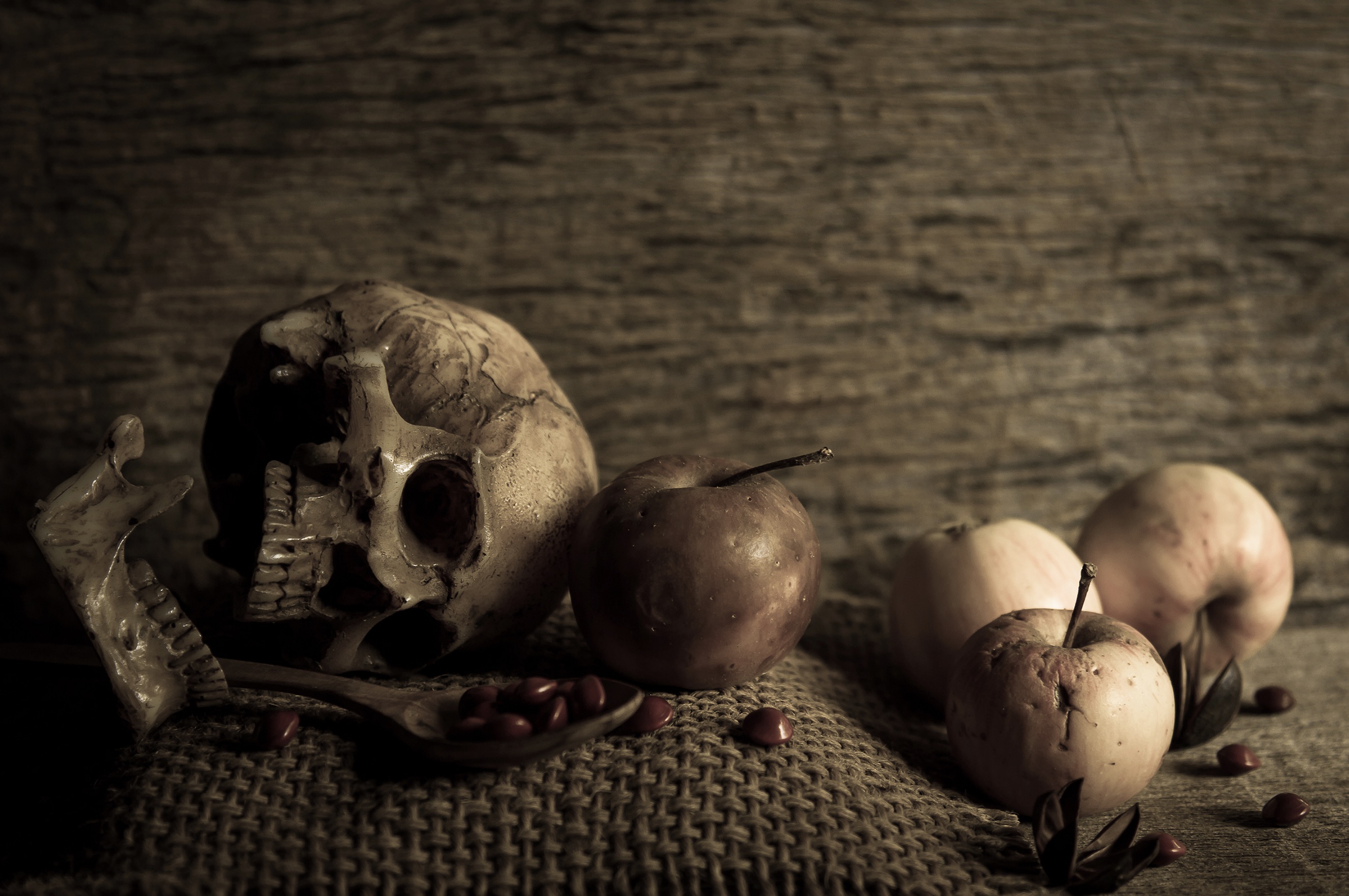
This can find its way into the systems we create, in methods which allow far greater chances. For example, the most common PIN is 1-2-3-4, as reported by Gizmodo, and this extends to a lot in our daily lives, even how we set the solutions to the escape rooms we create.
Learn from the Horror
Our final thoughts are centred on the idea that luck is an inherent component of the horror genre. While something like checking a suspicious noise might be nothing to worry about in real life, the horror genre itself is so informed by history and tropes that what we think of as luck can often be overcome through an understanding of the horror’s legacy. While we can’t promise that watching horror films and reading horror novels will give you a definite advantage over the common player, we can say that horror enthusiasts tend to be far and away the most successful when it comes to horror-based escape rooms. That said, you should be careful.

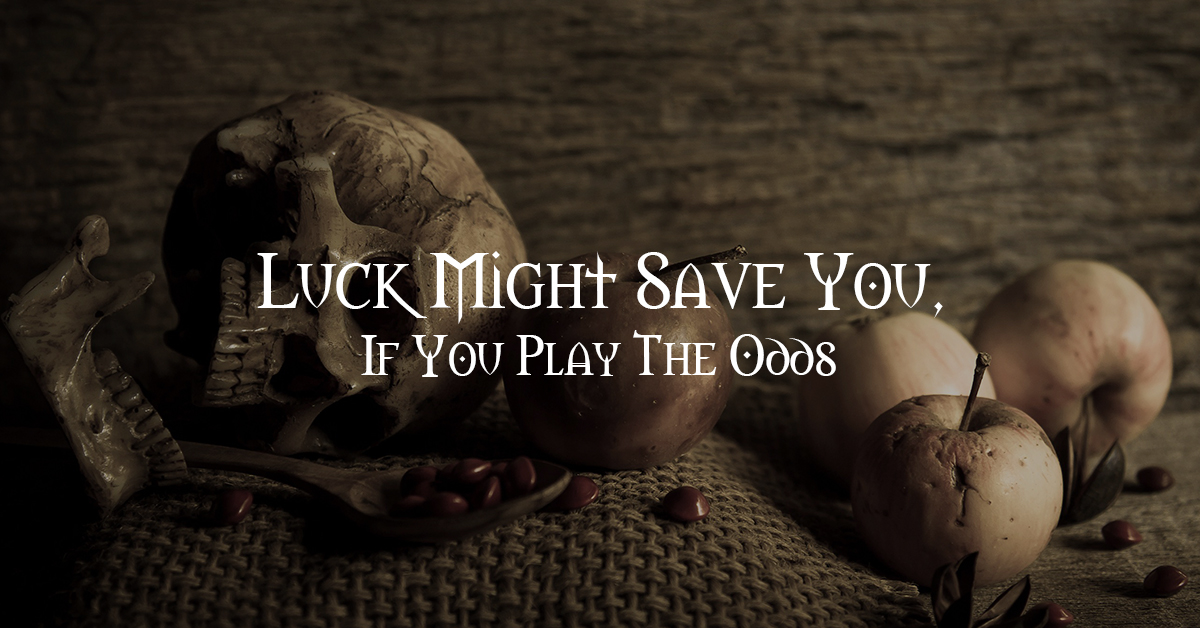
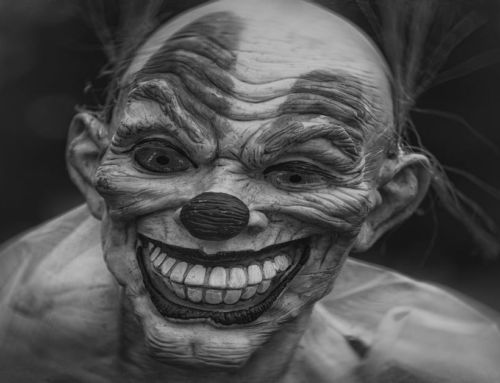
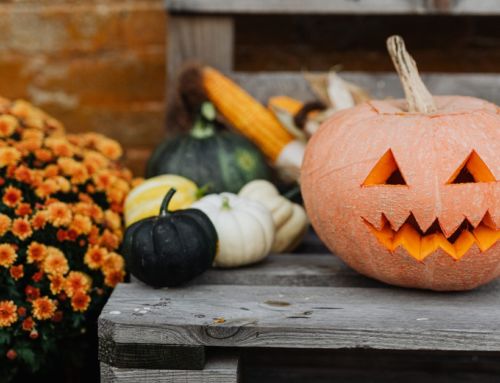
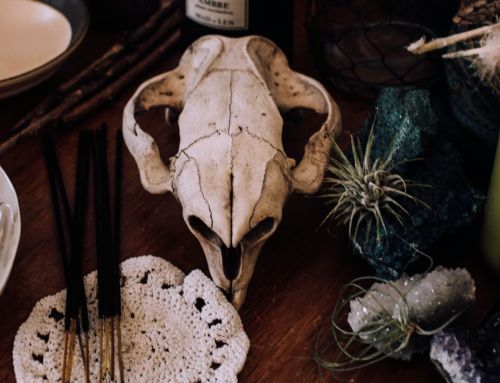

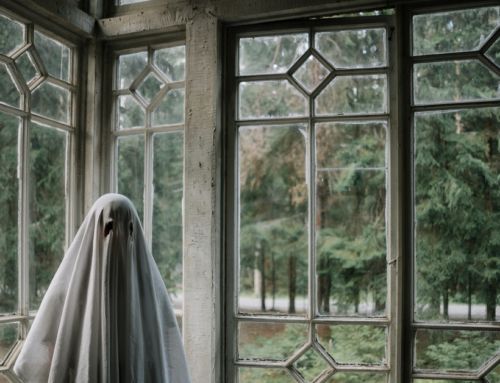
Leave A Comment
You must be logged in to post a comment.